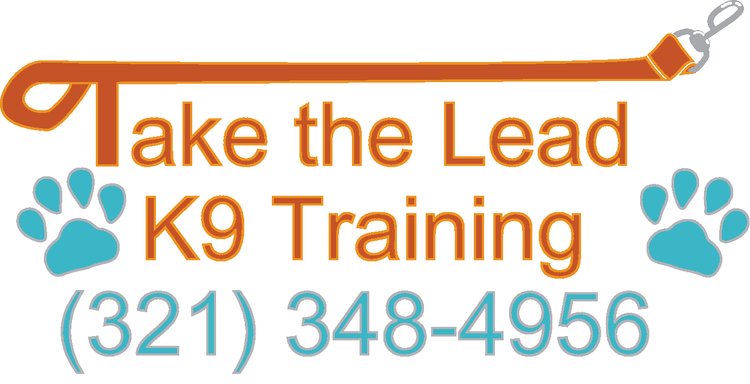Puppies need more than other puppies for socialization
Watching puppies be puppies can really bring us a lot of joy - they are clumsy, frisky, and when they're playful look so cute zipping around the yard! As much fun as it is to watch two puppies play, it's also very important to remember that unchecked puppy play is usually really rowdy and really rough! Why wouldn't it be? Most pups love rough and tumble play, which is often very energy exhausting and physically demanding, and for a puppy owner the idea of PLAYTIME = TIRED PUPPY = GOOD PUPPY is very tempting to partake in as frequently as possible!
It's also important to realize that puppy play often goes a bit too far, very frequently. At some point during their wrestling and chasing, one puppy is going to overwhelm the other - whether it's barrel rolling the other or all the growls and barks escalating to an snappy puppy tussel of angry faces. All of a sudden we have one puppy overwhelmed, and another puppy jacked up on energy and intensity...not a good combo for confidence and relationship buidling. Without realizing it, puppies get overwhelmed in rough play (that was "ok" at first but then everyone got carried away) and start to loose confidence around other dogs, feel like they need to self preserve, and can even become defensive. Just like that, a puppy's social development can become compromised and very soon we have a pup who is seemingly "snarky" to others due to being overwhelmed/bullied so frequently and becom an adolescent that is defensive/reactive to other dogs. Why can't we all just play nice? 🤔
The best way to keep this pattern of events from happening is to help puppies learn how to settle down from play and look for the signs that things are getting too rowdy. I always have one puppy on a long line (the more fiesty one!) so that I can easily guide, remove, or recall them away if they are becoming too intense. I never want to just let the dogs "work it out" - that's like asking two toddlers or little kids to resolve a fight/struggle they are having. They are still developing their social skills, but don't have enough experience to resolve conflict fairly or smoothly yet.
What does that intensity look like where a puppy is getting pushed too far? Play should always have some give and take - you chase me, I chase you; you clobber me, I clobber you. You should feel like there is a pretty fair amount of "equal" play between pups. If one puppy is constantly the bottom, getting trampled, and visibly displaying submission/concerned body language (tail down, crouched body, trying to get away, snapping/showing teeth) they are not having that much fun anymore and are experiencing overwhelm. If the barsting by the other dog continues, the partnering dog will become more defensive and feel less advocated/looked out for by their person. This happens very frequently at dog parks and daycare settings...and puppies quickly become reactive - not from a dog fight or being attacked (although that will certainly do it, too) but from being bullied and left without anyone looking out for them.
So, while puppy play is fun, it's almost more beneficial for your puppy to interact with older, stable, and less playful dogs more often than rough and tumble play. Time with appropriate elders will allow your puppy to learn more mature socialization that doesn't involve tackling a dog on sight, and constant badgering to play. Your puppy can learn how to sniff, be sniffed, take a correction for being to forward, move with a pack of dogs with wrestling, and spend time in a social setting that isn't always fast paced. There is a place and time for puppy tumble play, BUT if that is all your puppy ever experiences, that is how they will try to interact with every dog (young or old, big or small) and will often be greated with a firm correction or dislike by the other dog because of it. There is a lot of value in an older dog disciplining a youngster, but they shouldn't be the only being responsible for molding your puppy's social skills - as owners we need to also be proactively looking for signs that our puppy is "too much" for others or has "had enough." Never just let the dogs work it out, or your bound to have friction between dogs very soon - older dogs who constantly have to correct young dogs that don't back off end up having to escalate. Many fights happen between rude adolescent dogs and older dogs who have been pressured too much.
It's a lot of work of work to raise a well rounded puppy, but if you work hard on having positive and meaningful social experiences with appropriate dogs and with other puppies, you can help your pup be the best they can!

